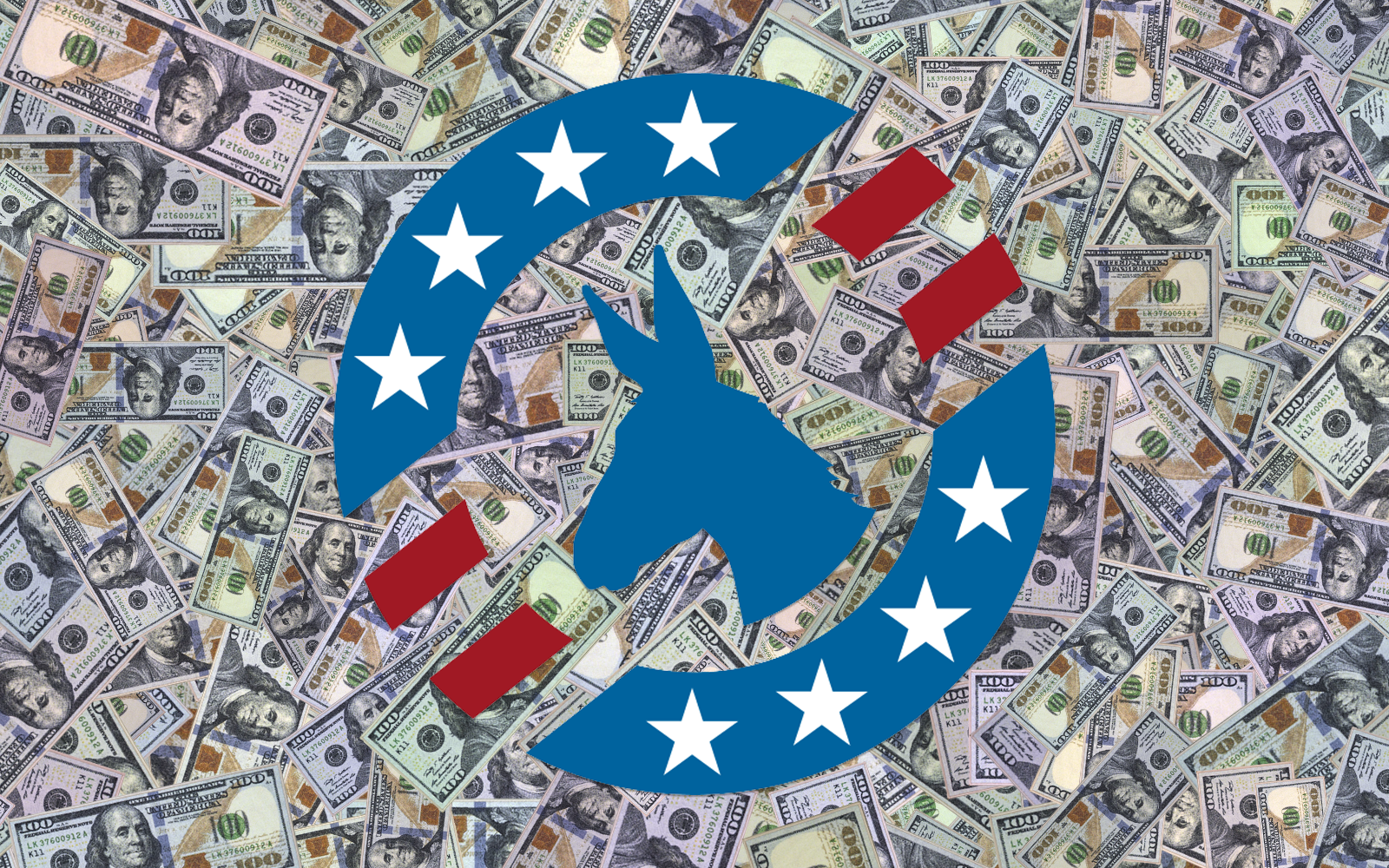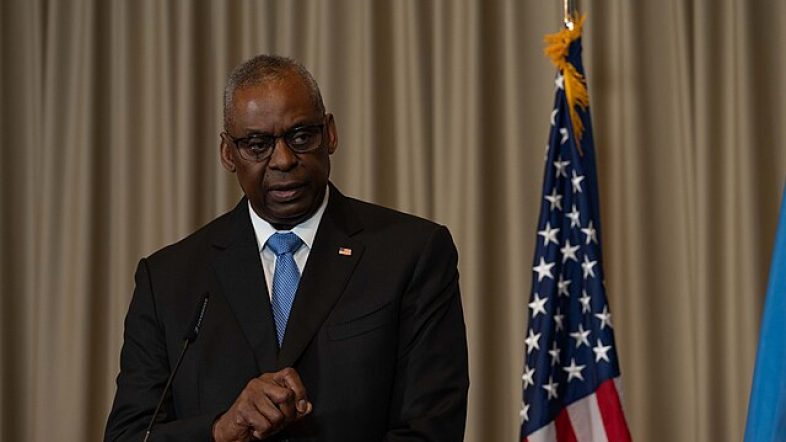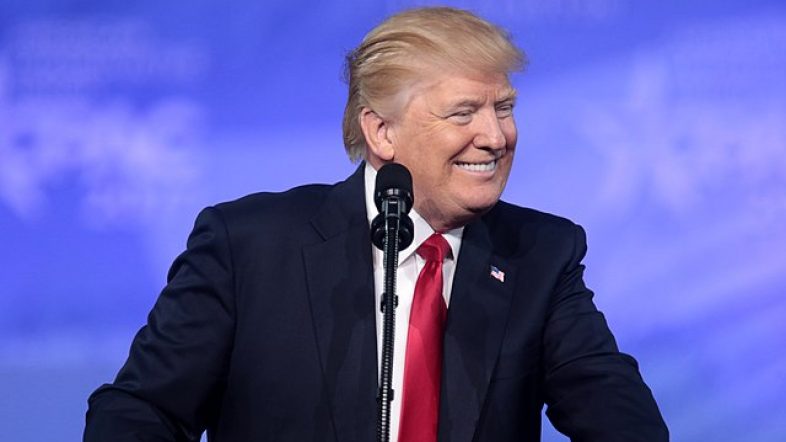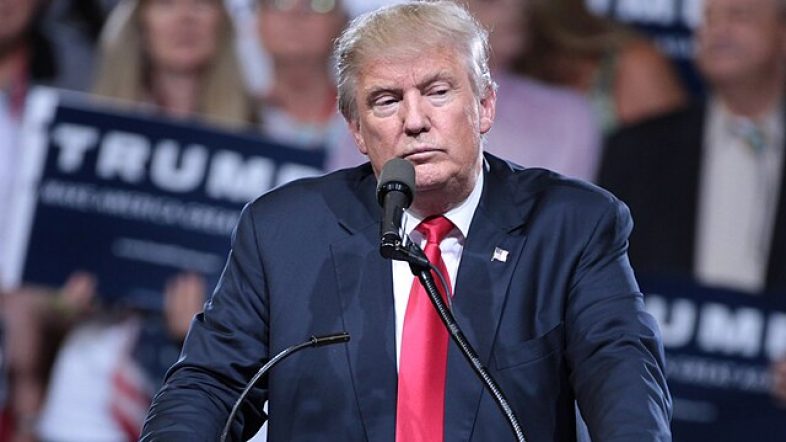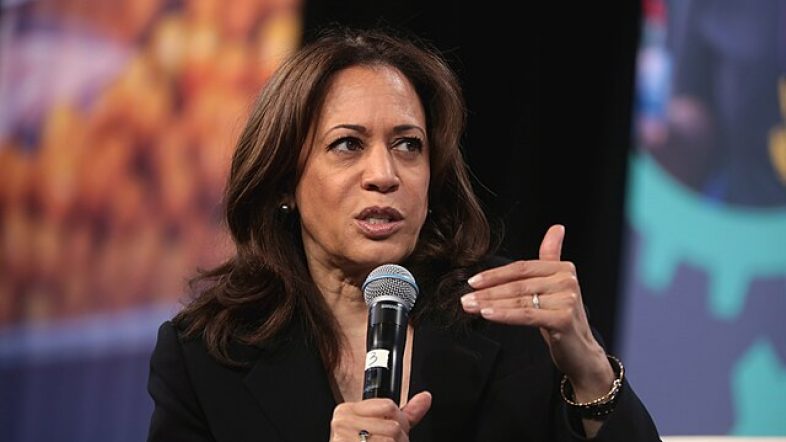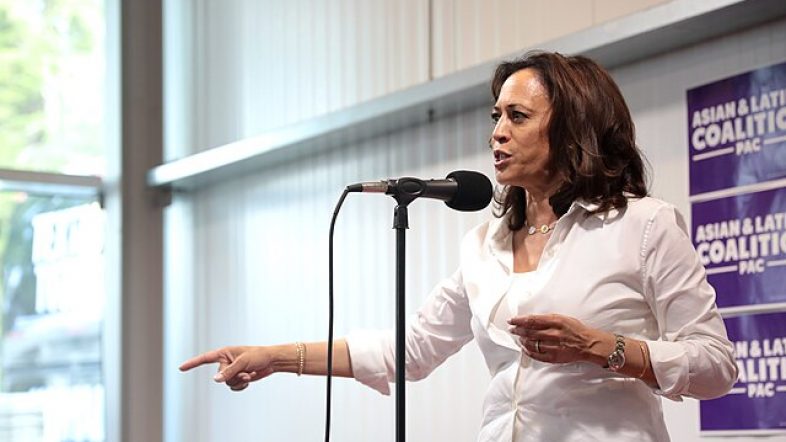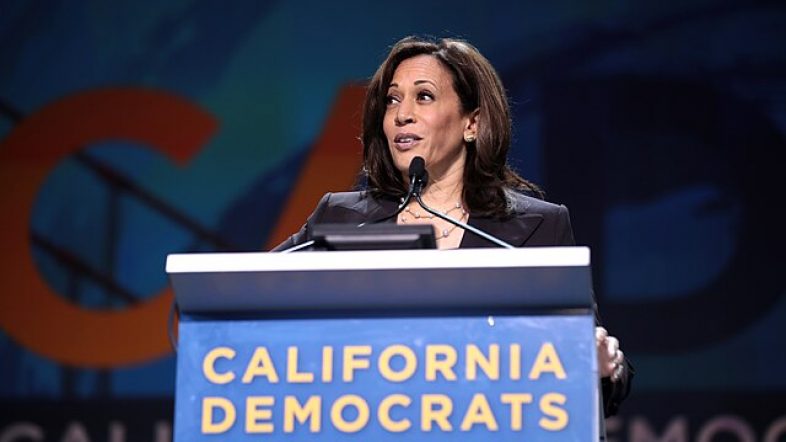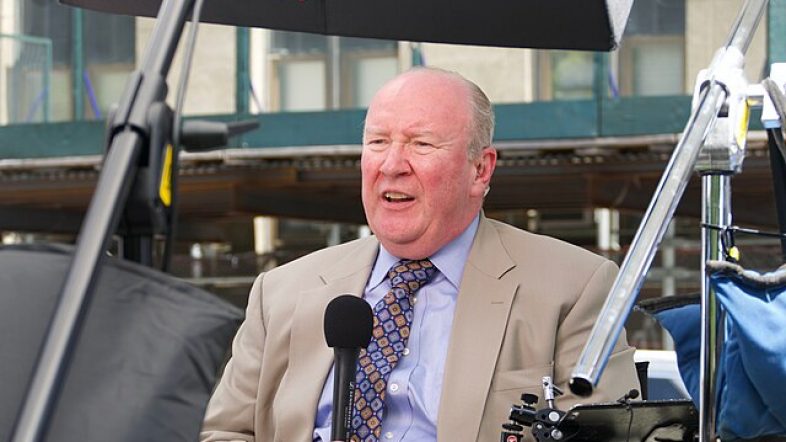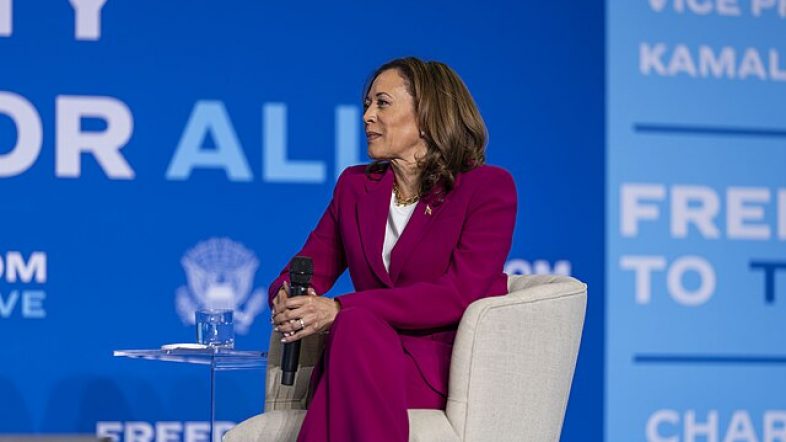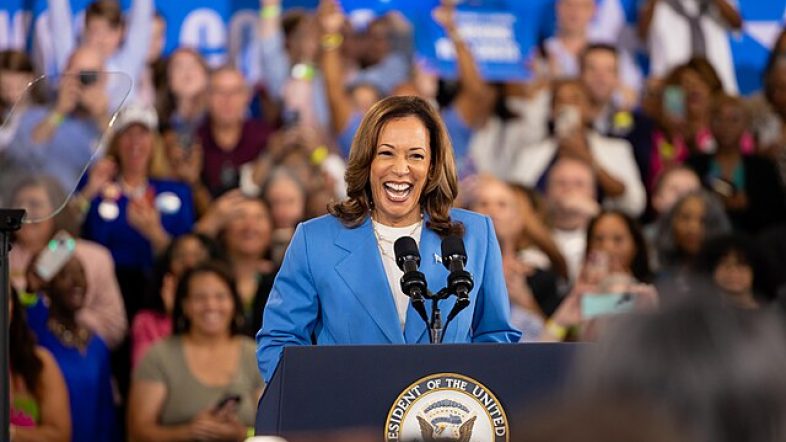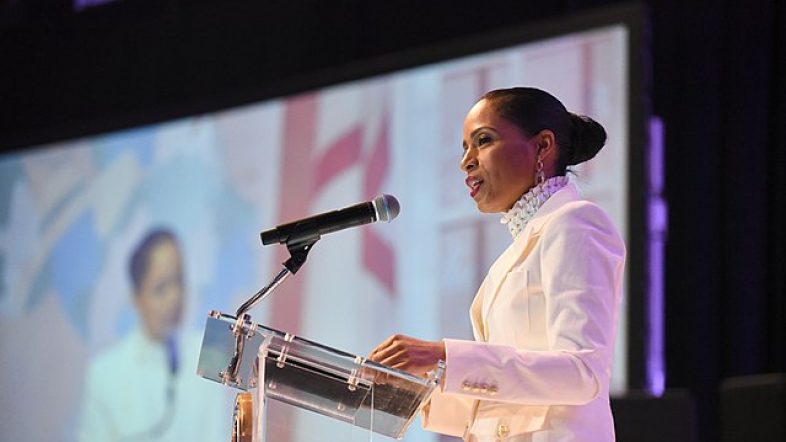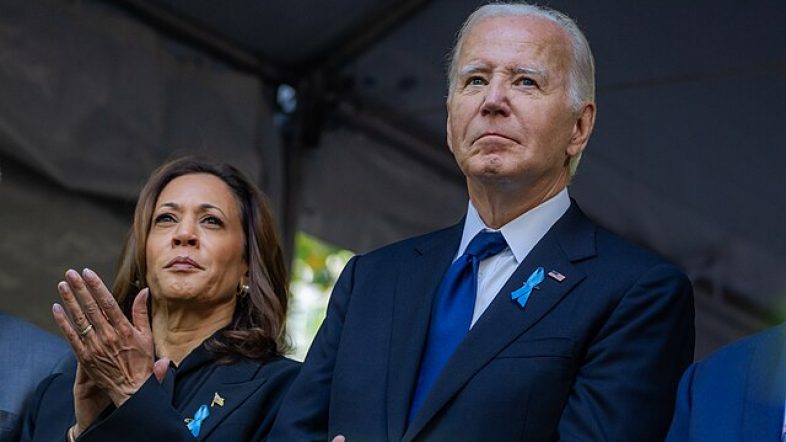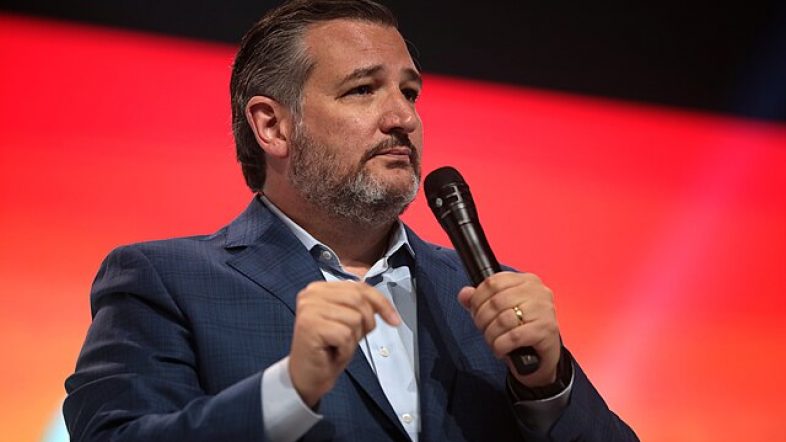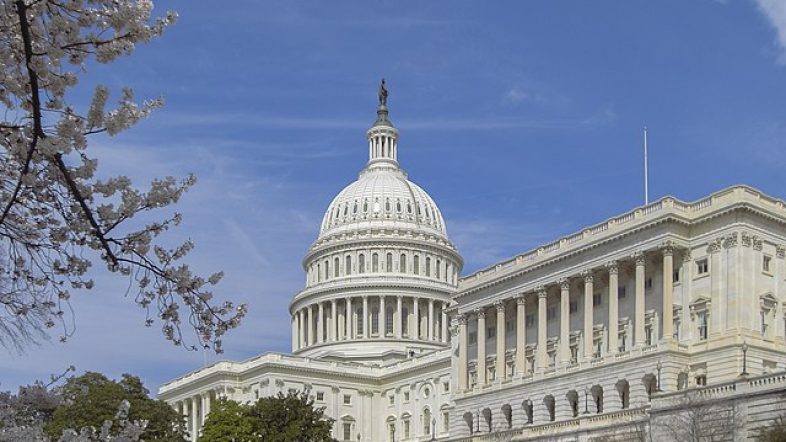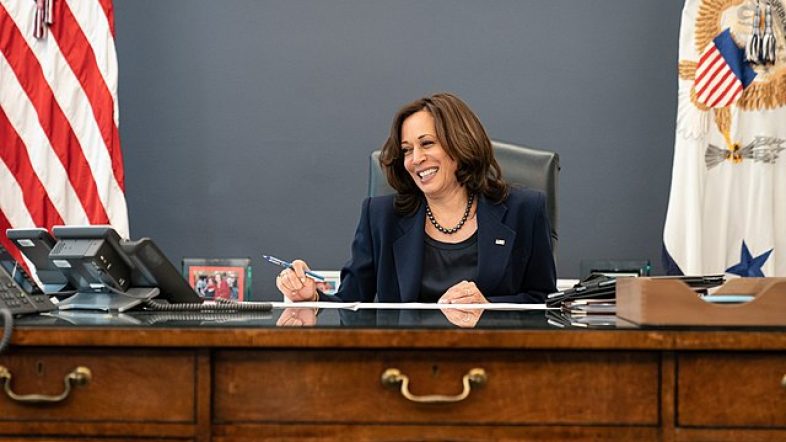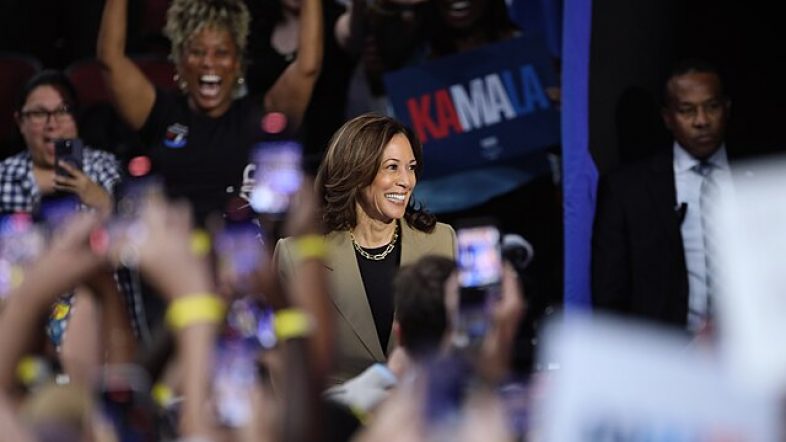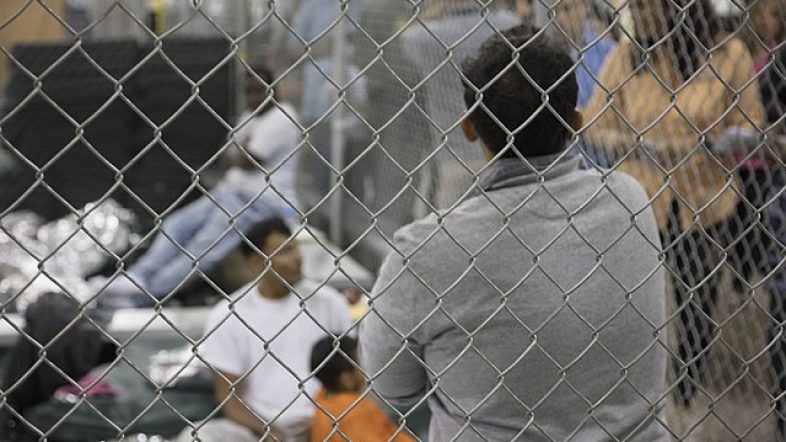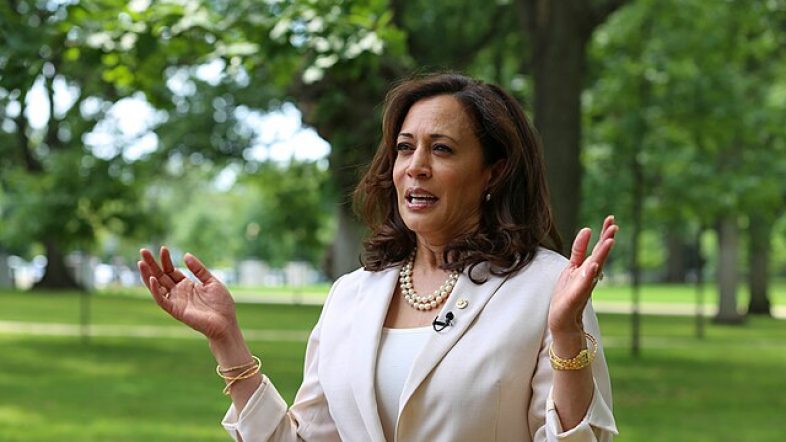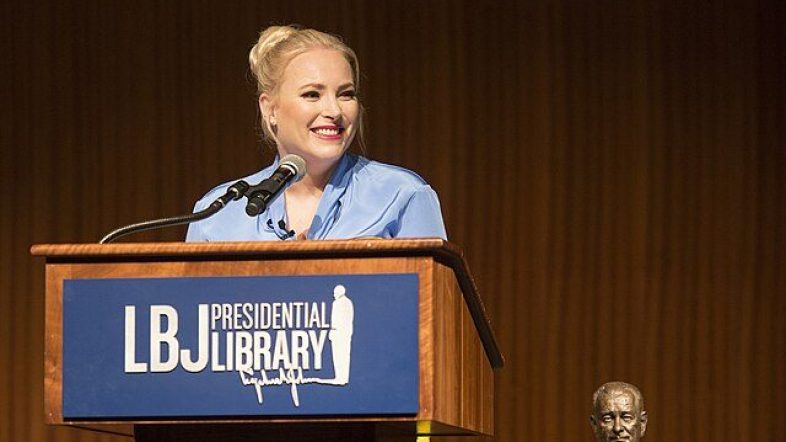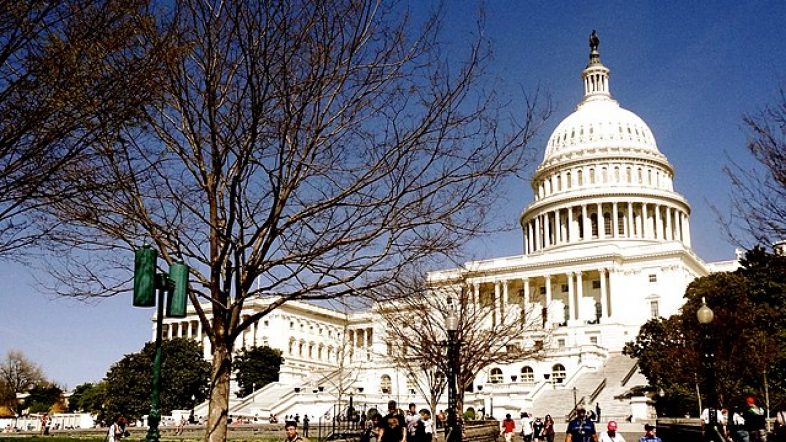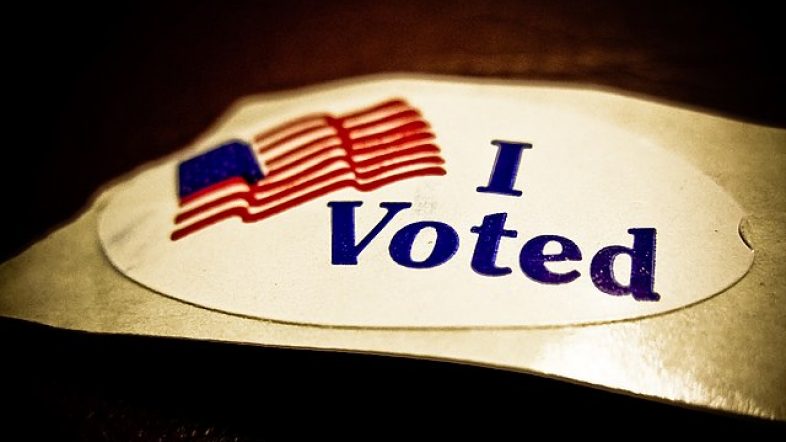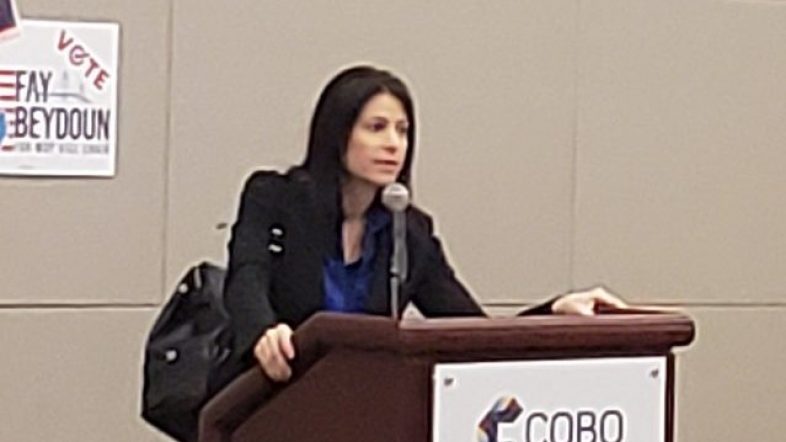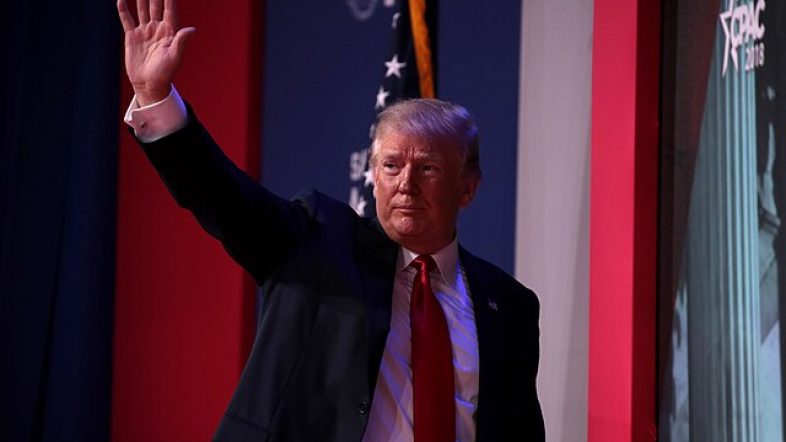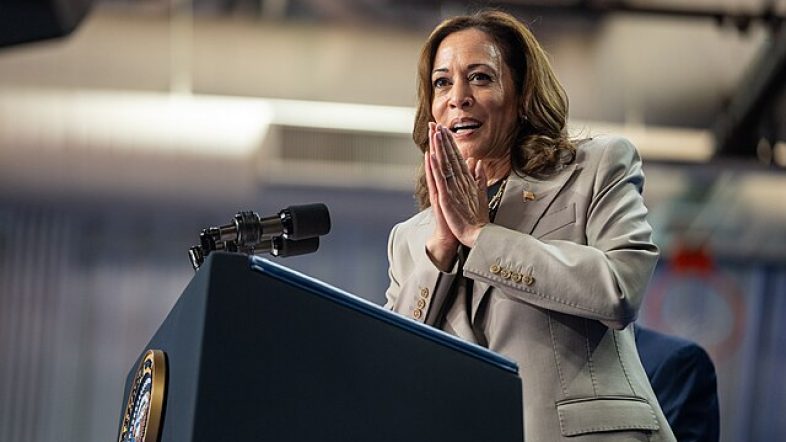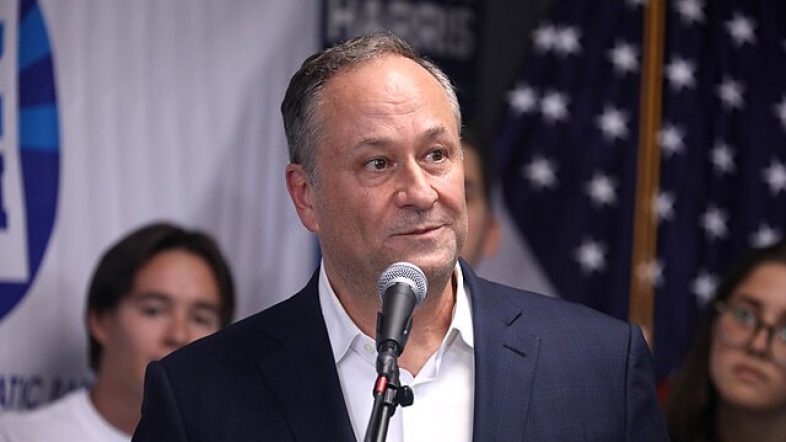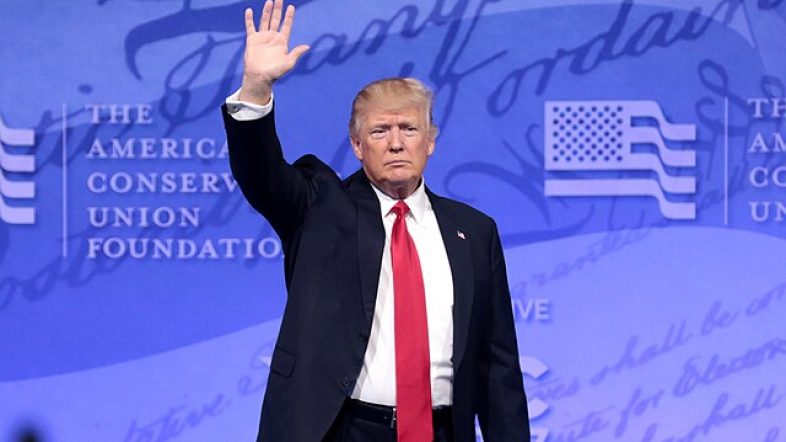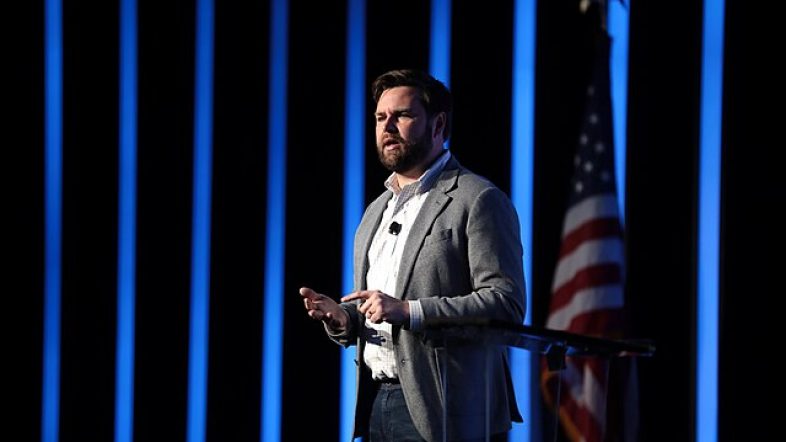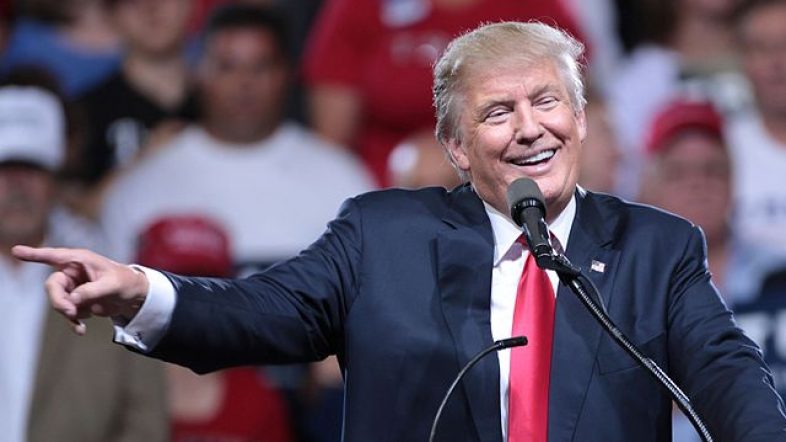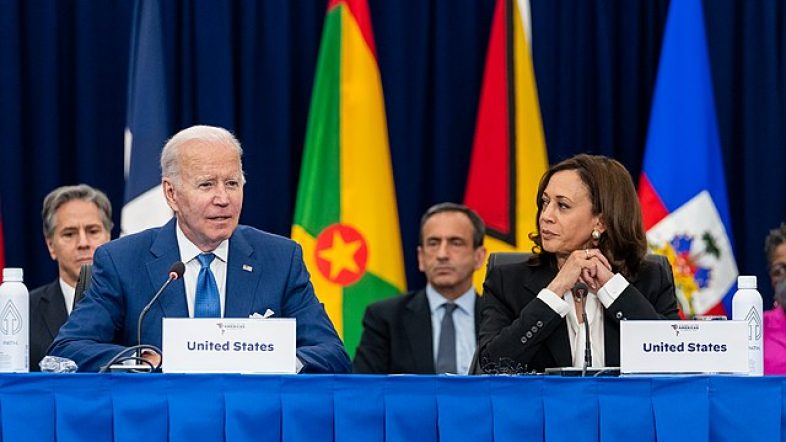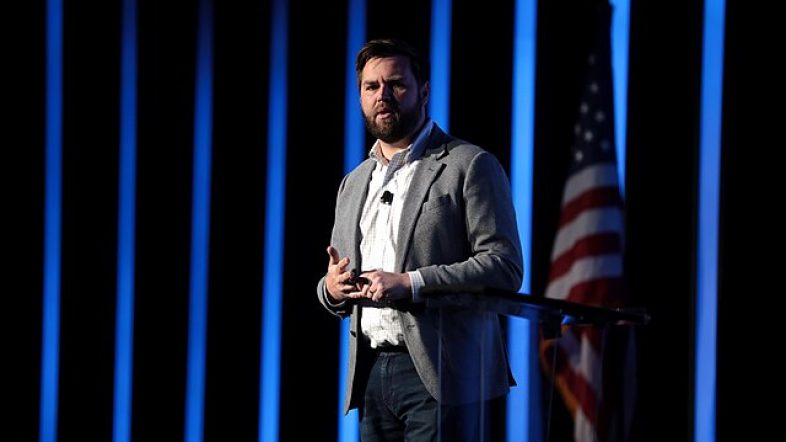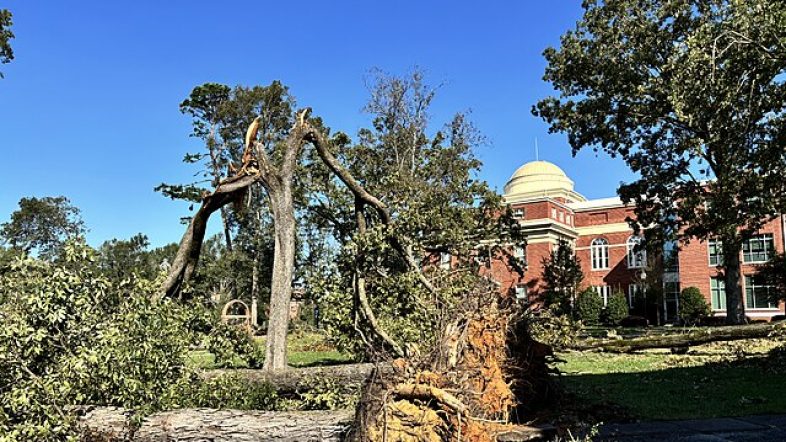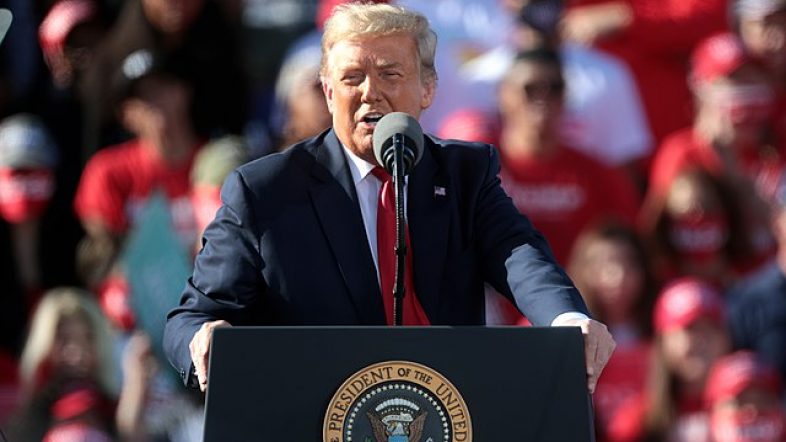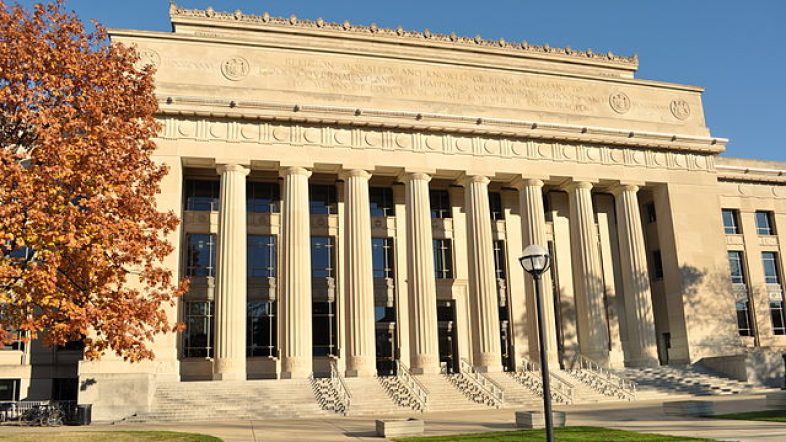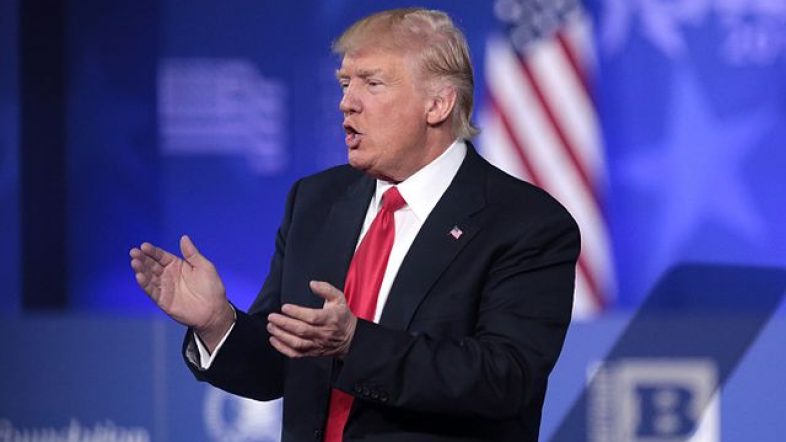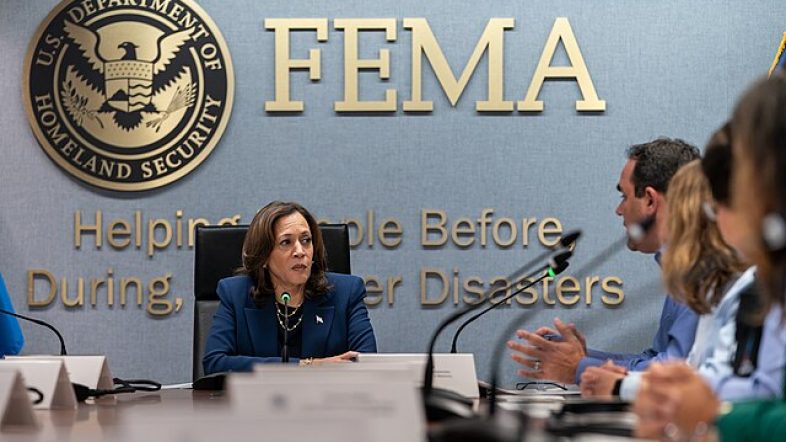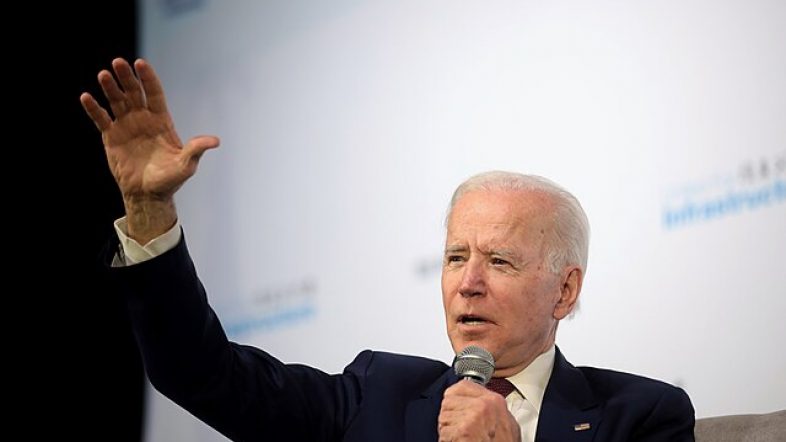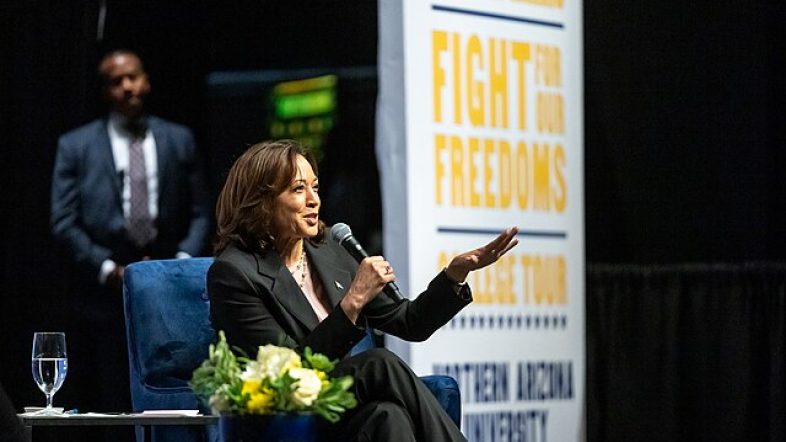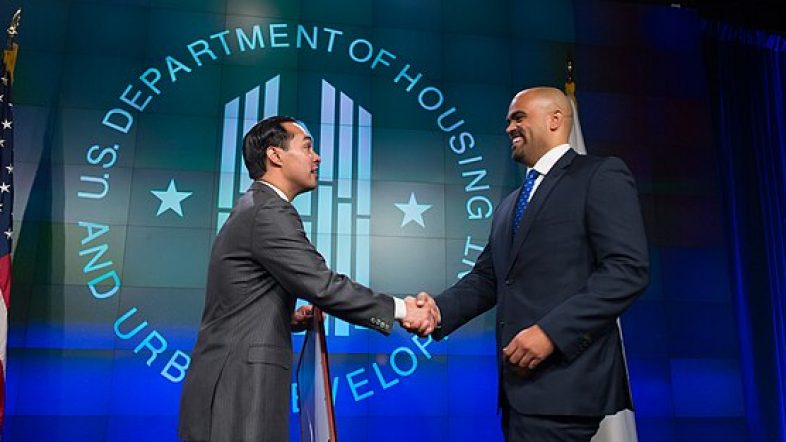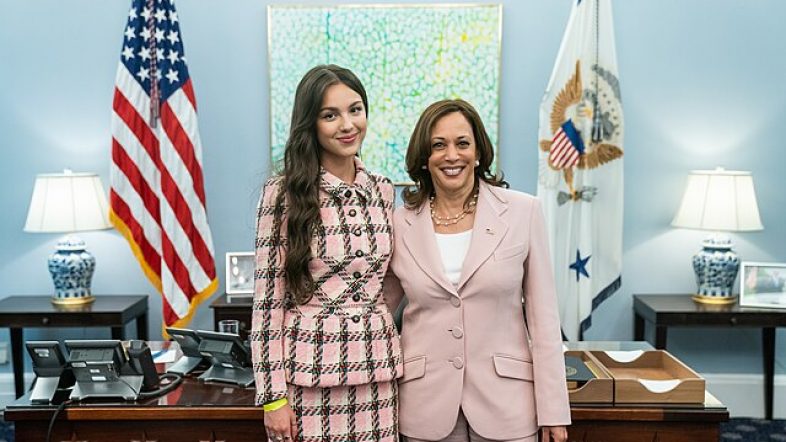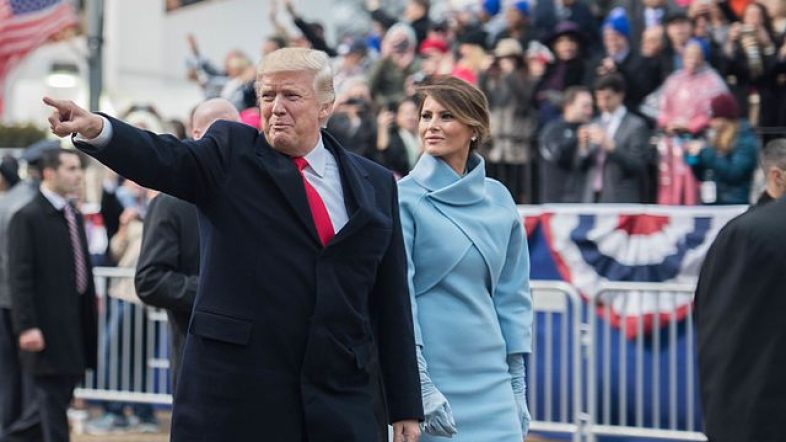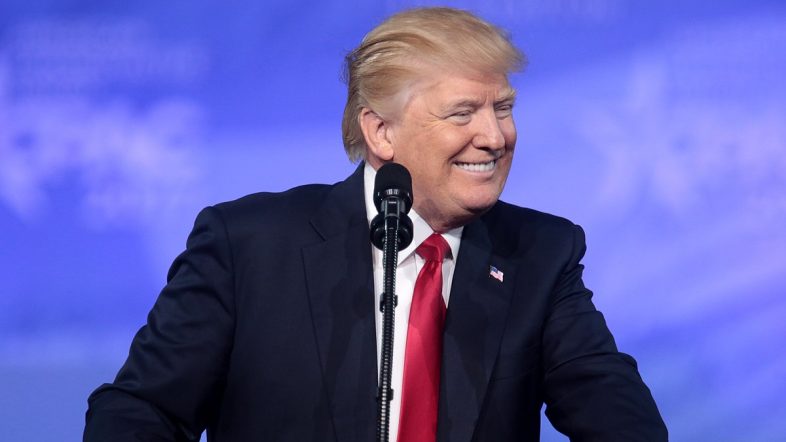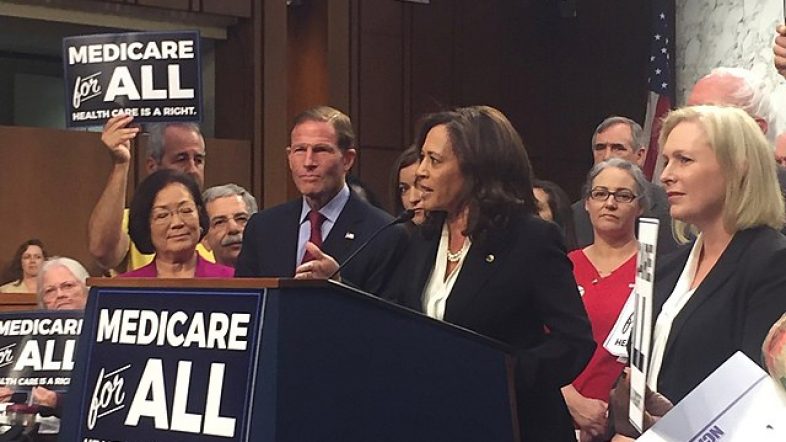The Senate passed a consolidated bill on Friday to fund a part of the federal government for the 2024 fiscal year, which partially completes the appropriations process that has been delayed since Sept. 30, 2023.
Congress has passed four continuing resolutions since the new fiscal year began to avert a government shutdown amid an inability of the Senate and House of Representatives to agree on the contents of 12 permanent appropriations bills for the year. Leaders of both party caucuses in both houses announced a deal on Feb. 28 to pass two consolidated bills, known as “minibus” bills, comprising six appropriations bills each — the first of which passed the House on Wednesday and was, then, passed by the Senate by a vote of 75 yeas to 22 nays, according to The Hill.
“It’s noteworthy that a majority of both parties in the House — a majority of even the Republicans — supported this legislation,” Senate Majority Leader Chuck Schumer remarked on the body’s floor on Thursday. “Good things can happen if we put working together before other extraneous and often destructive issues.”
Engrossed H.R. 1061, Consolidated Appropriations Act of 2024 by Daily Caller News Foundation on Scribd
The bill, which would authorize spending for the departments of Justice, Commerce, Energy, Interior, Veterans’ Affairs, Agriculture, Transportation and Housing and Urban Development until September 30, 2024, has been criticized by congressional Republicans for its size as well as the inclusion of targeted spending projects, known as earmarks.
“I’ve tried to strike every single one of those things. And like, what we did last year, we passed numerous riders that got rid of a lot of those kinds of things,” Republican Rep. Chip Roy of Texas told the DCNF. “But no, we didn’t pass that, did we? That is not going to be in this package this week. We passed it last year, but it got negotiated out.”
“What we did attempt to do this time is inject a lot of policy provisions in the appropriations bill … and we were successful in some of those, we were not successful in others. And some of that just comes down to the basic math of only having now a two-vote majority,” Republican Rep. Scott Franklin of Florida told the DCNF. “I would love to see our conference stick together more and vote as a bloc more and not take down our own rules.”
To complete the appropriations process, a second consolidated bill comprising the remaining six appropriations areas, must be passed by Congress before March 22 to avoid a partial government shutdown.
The bill will now be presented to President Joe Biden for his signature. He is expected to sign the bill into law, according to a policy statement from the Office of Management and Budget.
Arjun Singh on March 8, 2024


